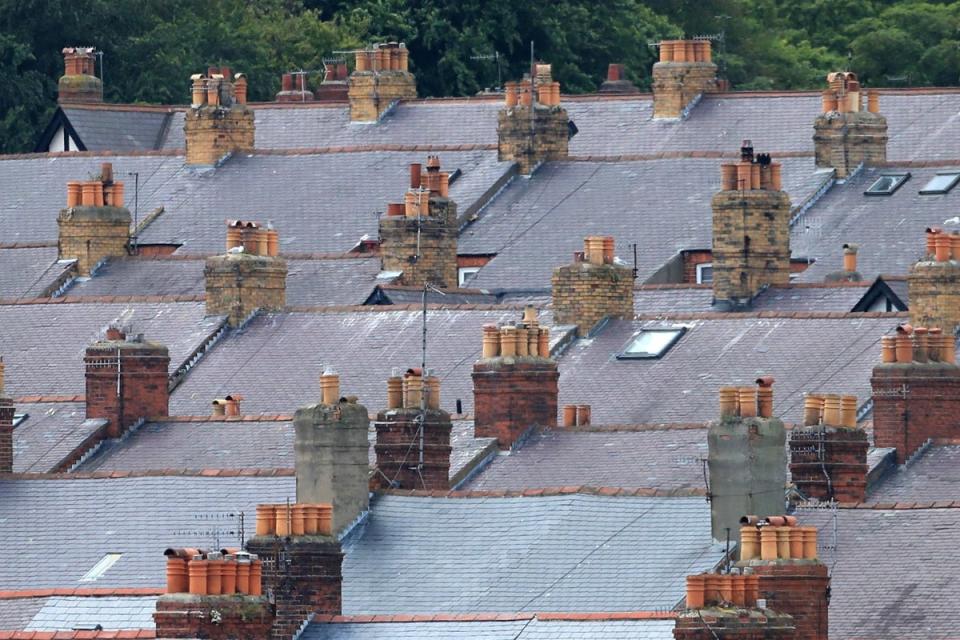Average UK house prices fall as market continues to cool, says Nationwide

UK house price growth cooled in January as a cocktail of headwinds, from higher interest rates to the cost-of-living crisis, hit the market.
Nationwide said annual growth slowed to 1.1%, from 2.8% in December, with average prices now standing at £258,297.
The lender added that price is 0.6% lower than the prior month and down 3.2% from their August peak.
But the building society said there are some “encouraging signs that mortgage rates are normalising”. That is something housebuilders and estate agents will welcome as they face challenges grappling the sector, including the fallout from September’s mini-budget.
Robert Gardner, Nationwide’s chief economist said: “It will be hard for the market to regain much momentum in the near term as economic headwinds are set to remain strong, with real earnings likely to fall further and the labour market widely projected to weaken as the economy shrinks.”
He also pointed out that high house prices relative to earnings mean deposit requirements remain a big hurdle, and the Help To Buy Equity Loan scheme that helped those with a smaller deposit is due to end in March.
Gardner said: “The biggest change in terms of housing affordability for potential buyers over the last year has been the rise in the cost of servicing the typical mortgage as a result of the increase in mortgage rates.”
He said: “Should recent reductions in mortgage rates continue, this should help improve the affordability position for potential buyers, albeit modestly, as will solid rates of income growth (wage growth is currently running at around 7% in the private sector), especially if combined with weak or negative house price growth.”
Jason Tebb, boss of property search website OnTheMarket, said: “All the upheaval – the macro-economic challenges and the chatter around fixed-rate mortgages, which although coming down are still higher than borrowers have grown used to – will inevitably impact the confidence of the average property-seeking consumer in the short term.”

